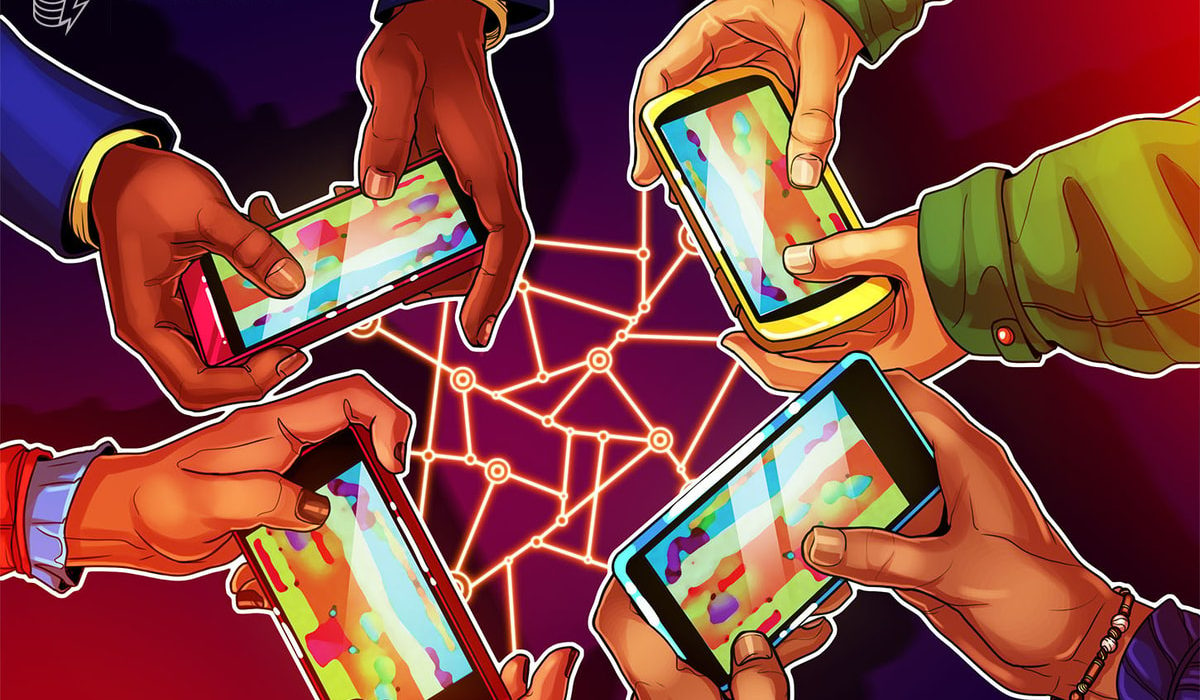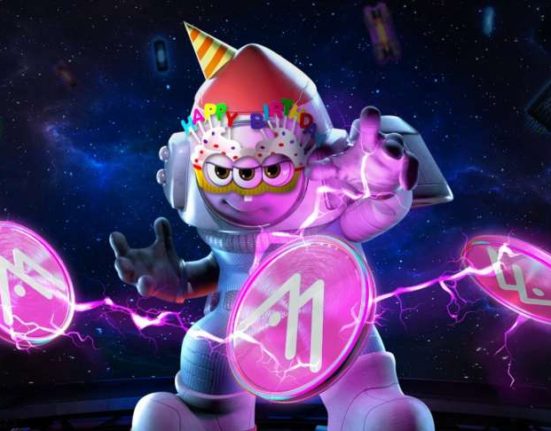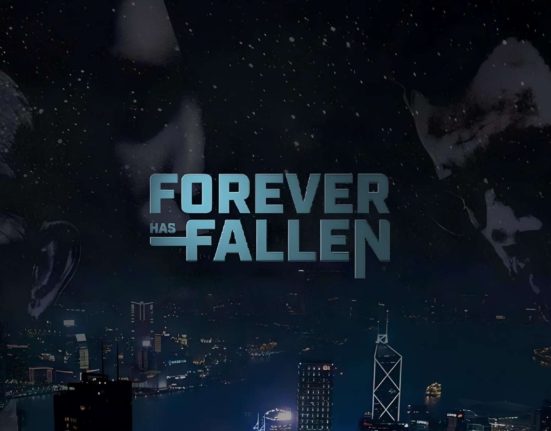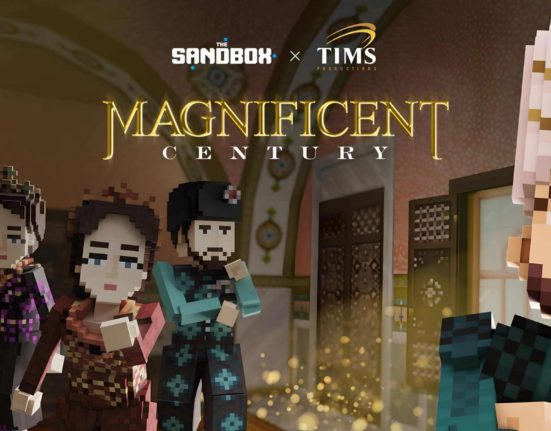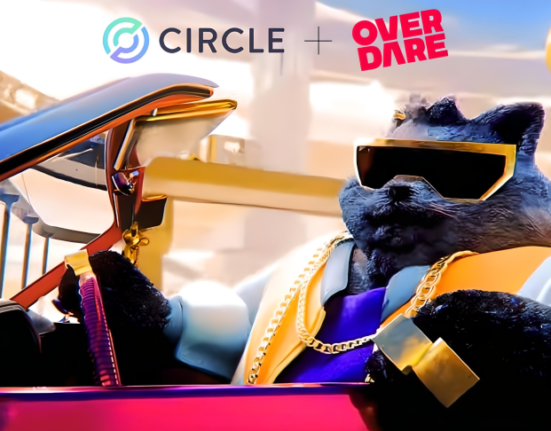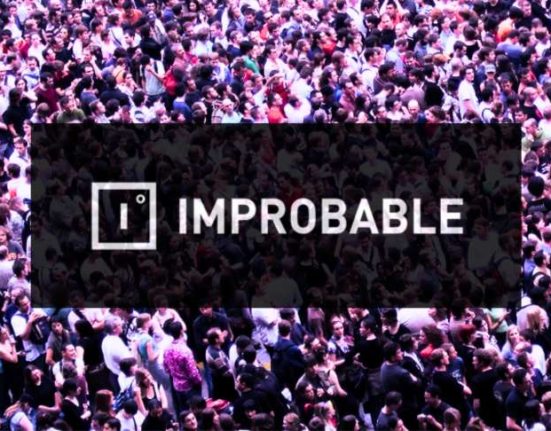Imagine a future where a player is able to rent an in-game item via blockchain, giving them tools to pass a difficult level, or borrow an NFT that gives them the ability to try a new game on their wishlist.
Such a feature is one that Polemos co-founder Richard McLaren is hoping will one day become the norm, along with an economy where players rent out their in-game assets for a fee.
In an interview with Cointelegraph, McLaren announced a new partnership between his gaming infrastructure service Polemos and fantasy battle game Illuvium, a move he said would help break down barriers for players looking to get started on Illivium’s platform.
“It just represents a much easier entry point for players financially, and widens the base of people who would be prepared to play those games,” McLaren said.
A key pain point for blockchain games is that they often require players to front up significant sums of capital just to get started. Instead, newbies can rent an NFT for a few days and dip their toes in the water more easily, McLaren explained.
“We think that not only will it increase sales, but it’s only increasing your ability to attract players because they can check things out. Players who have these massive inventories, who put the time into your game, have a reason to stick around, which increases retention and player base.”
Polemos’ non-collateralized NFT lending protocol, dubbed “The Armory”, utilizes a pay-up-front model so players don’t even need to put down collateral to rent the in-game assets.
“You don’t have to cover the value of the asset because we’re confident the technology prevents you from damaging that in any way. So it opens up this as non-collateralized lending to a much wider audience of people who don’t have the capital to put down to secure an asset.”
While game asset NFT lending might seem like a niche market, McLaren predicts the total market size for game asset lending could be grow to somewhere between 30% and 40% of the roughly $2.3 billion that invested in NFT gaming in 2023.
Related: 40% of crypto game devs are banking on trad gaming in 2024
“The reason for that is, rental is really part of your marketing expense as a game studio. So it’s it’s money paid by players that you don’t receive unless they’re your assets, but they’re paid to other asset holders, which provides a reason for players to play your game,” he said.
“You have major IP and major studios getting into ownership — maybe not blockchain — but definitely into ownership as a mechanic, and renting is a way of making ownership more engaging and more real for a player who is already invested in a game.”
The rental model also offers long-time players with a warchest of in-game assets and game studios the ability to earn income on unused assets.
“You can receive some passive income — maybe not life changing income — but passive income from those assets, which is a very positive retention mechanic for staying engaged in the game, which we think the gamers will get very heavily involved in.”
As to why game studios would choose to go with his company instead of simply creating their own “walled garden” lending service, McLaren said that decentralized public infrastructure removes the need for relying on game studios.
“The concept of player ownership in general relies on public infrastructure. A big part of its’ appeal is you’re not dependent on the game studio being around forever,” McLaren said. “So the argument for having lending as a third party marketplace is very similar to having NFTs in general.”
Additionally, McLaren shared that Polemos was currently closing its strategic pre-sale for a native token due to be launched midway through 2024.
Web3 Gamer: Games need bots? Illivium CEO admits ‘it’s tough,’ 42X upside


